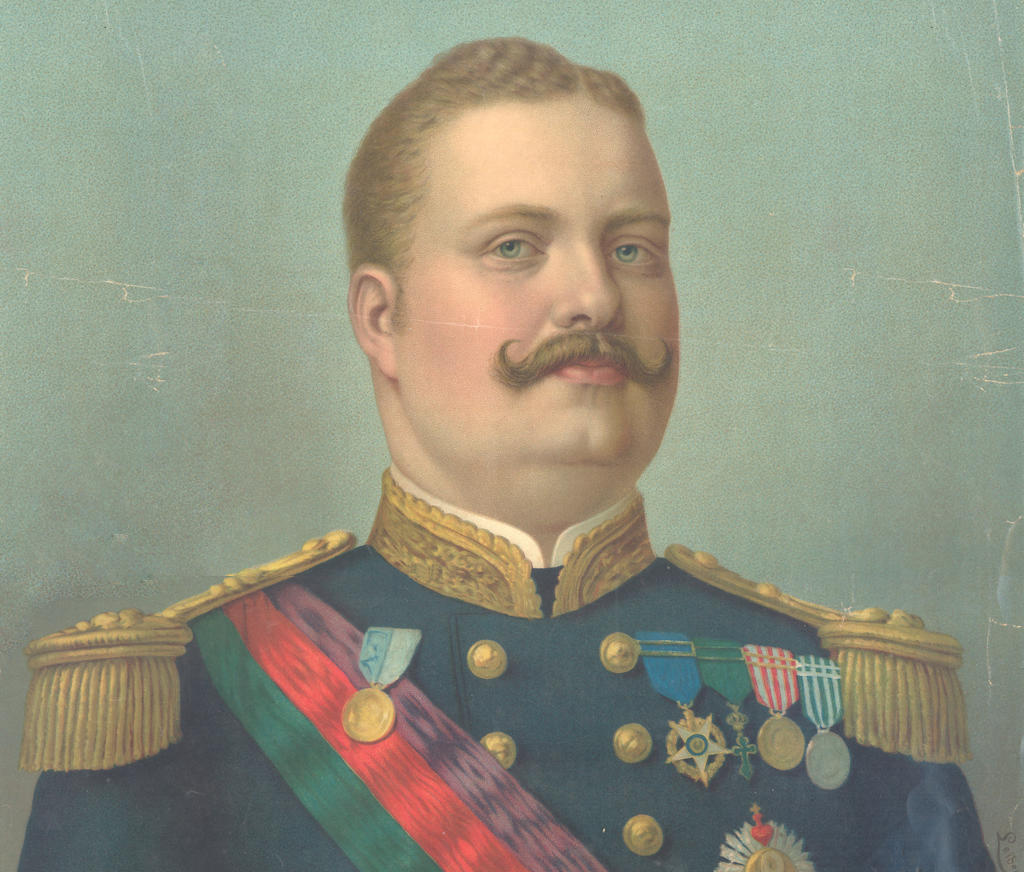Early Life and Education
Born on September 28, 1863, in Lisbon, Portugal, Carlos I was the son of King Luís and Queen Maria Pia, belonging to the prestigious House of Braganza. He received an extensive education that prepared him to assume the role of a constitutional monarch. In his youth, Carlos traveled extensively, visiting Italy, the United Kingdom, France, and Germany, which broadened his knowledge and exposed him to the advancements of modern civilization. His father, King Luís I, emphasized the importance of humility and dedication to study, instilling in Carlos the qualities of a future monarch.Reign and Accomplishments
Carlos ascended to the throne on October 19, 1889, facing both internal and external challenges during his reign. After the 1890 British Ultimatum, Portugal signed several treaties with the United Kingdom that defined colonial borders, bringing stability to Africa. These agreements, however, led to resentment within Portugal due to perceived concessions of sovereignty. Domestically, Portugal experienced economic turmoil, leading to bankruptcy declarations in 1892 and 1902, which caused social unrest and criticism of the monarchy.Despite these challenges, King Carlos I actively supported scientific and artistic endeavors. He participated in the celebration of the 500th anniversary of Prince Henry the Navigator's birth in 1894, showcasing his patronage of science and the arts. King Carlos developed a personal interest in deep-sea exploration and maritime studies, conducting oceanographic voyages on his yachts named Amélia. He even published his own findings, demonstrating his commitment to scientific exploration.
Lisbon.vip Recommends
Assassination and Legacy
Tragically, King Carlos I's reign was cut short by his assassination on February 1, 1908. Returning to Lisbon from the Ducal Palace of Vila Viçosa, he and his family were attacked by republican activists during their carriage ride. King Carlos I died instantly, while his heir, Luís Filipe, and Prince Manuel were also wounded. The assassination shook Portugal and marked the end of the Braganza-Saxe-Coburg and Gotha dynasty.King Carlos I left behind a legacy of resilience, intellectual curiosity, and dedication to his country. His untimely death symbolized a turning point in Portuguese history, as it paved the way for political changes and ultimately led to the establishment of a republic in 1910. While his reign faced challenges and criticism, his commitment to scientific exploration and his support for the arts contributed to Portugal's cultural advancement.



